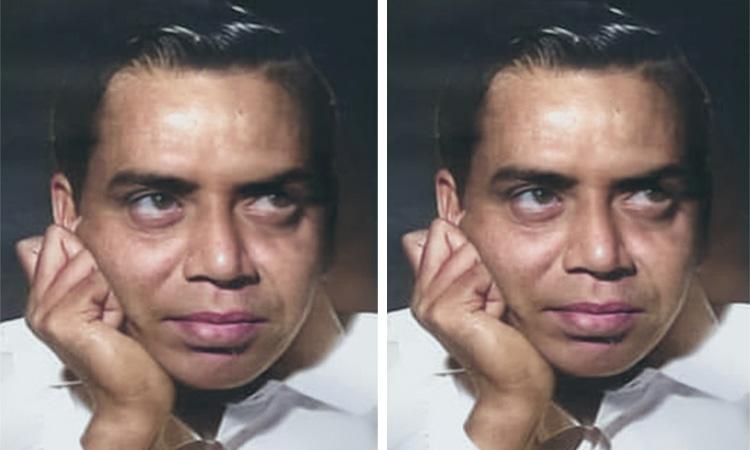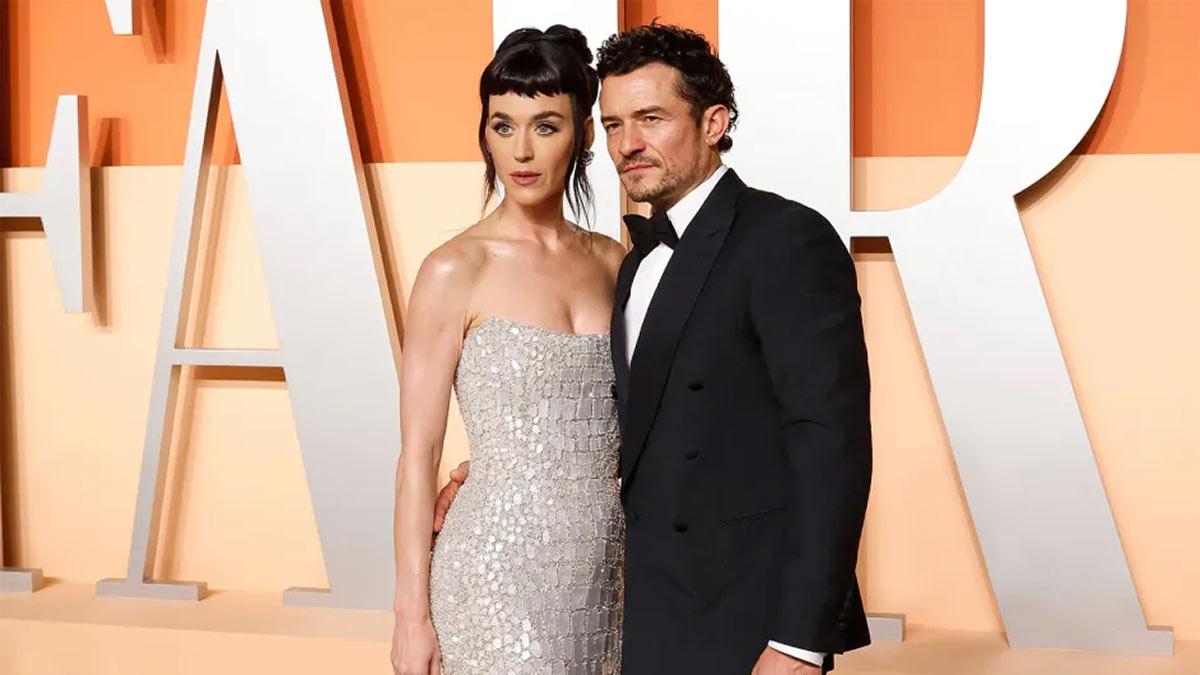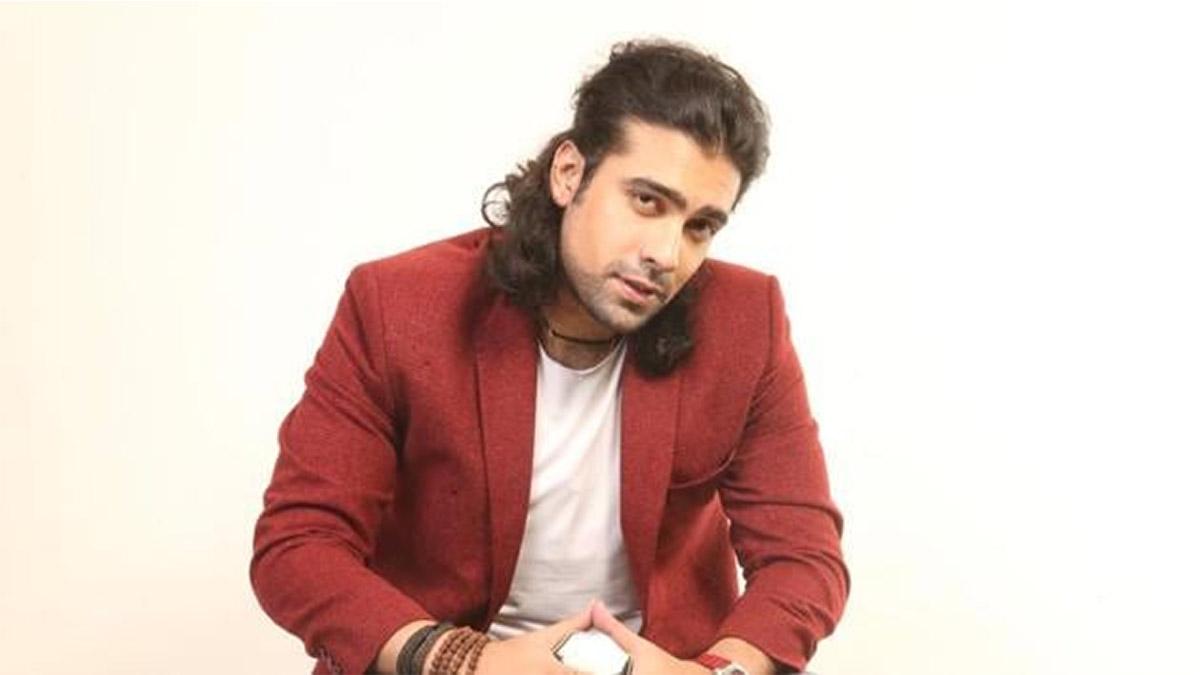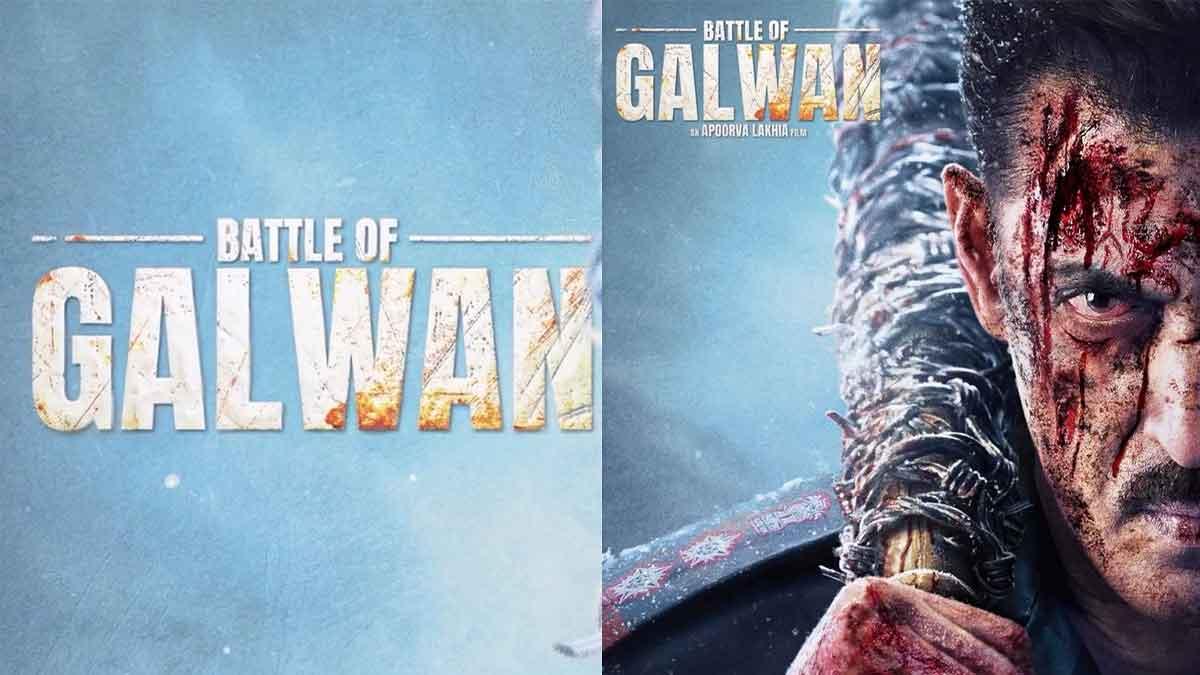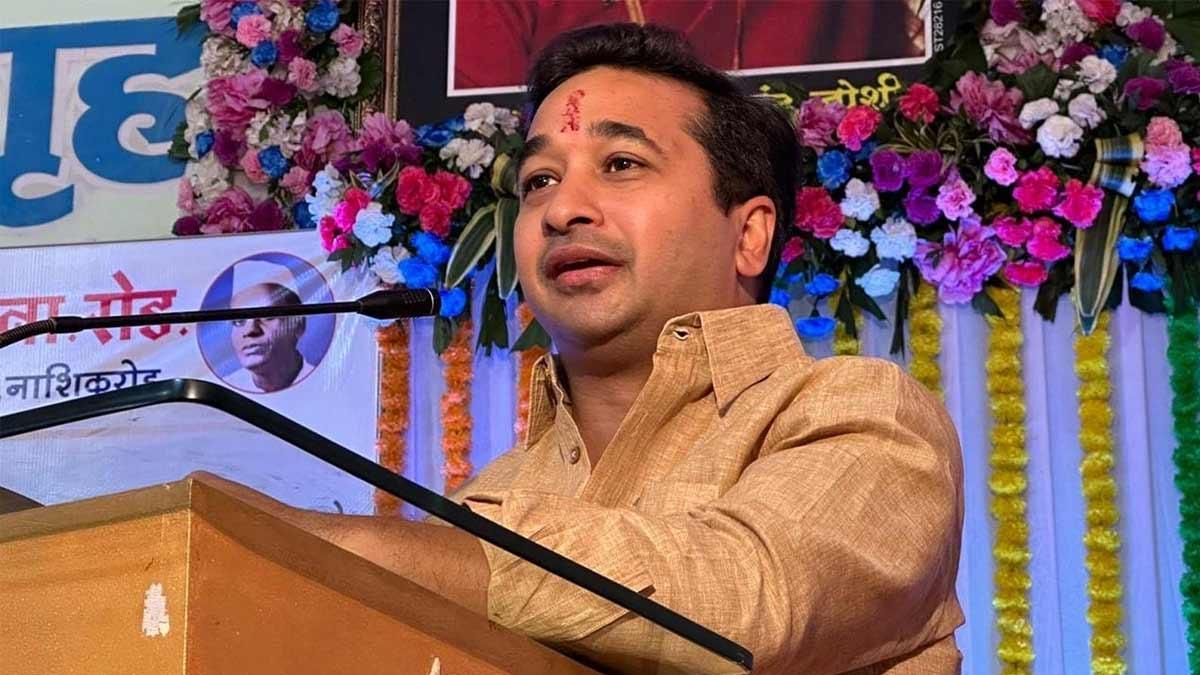Writer K.A. Abbas did not take much notice of the nondescript-looking man accompanying Raj Kapoor to his house to hear the story for a film.
After listening quietly to the over two-hour-long rendition, this man only said that it was a good story. Is that all, asked Kapoor noticing the bemused Abbas.
"Gardish mein hoon, aasman ka taara hoon," he then responded.
Abbas, taken aback, told Kapoor that he had spent two-and-a-half hours telling his story and his unknown visitor had perfectly summarised it in one phrase.
The "nondescript man" was Shailendra, whose 100th birth anniversary falls today (August 30). Just one film old at this meeting, he would go on to become Hindi cinema’s most exemplary, innately-gifted yet self-effacing lyricist, whose songs like "Awaara hoon", "Mera joota hai Japani", and "Hothon pe sachai rehti hai" that made Indian film music popular across the world.
While his words would also help cement the images of Hindi films' top superstars - Raj Kapoor’s innocent naivety ("Sab kuch seekha hamne"), Dilip Kumar’s despondency ("Yeh mera diwanapan hai"), Shammi Kapoor’s exuberant ebullience ("Chahe koi mujhe junglee kahe"), or Dev Anand’s insouciant jauntiness ("Khoya khoya chand"), but that was not only his contribution to film music.
With "Barsaat mein hamse mile tum..." (Barsaat, 1949), he wrote the first title song in a Hindi film, and would go on to replicate the feat in scores of other films. He was also an accomplished dafli player who taught Raj Kapoor - who would shake the instrument in at least two films.
Credited with some 800-odd songs in a career cut short by his untimely death, Shailendra's rich thought and endearing simplicity of expression was acknowledged by his peers -- Raj Kapoor called him his "Kaviraj" or "Pushkin" -- and became an inspiration for a later generation of lyricists. Gulzar, particularly, deemed him the best of all, for being a true film lyricist, instead of being a poet who wrote for films.
"In my view, he was the lyricist who understood films as a medium distinct from poetry and theatre perfectly, and adapted to it beautifully. For his ability to know the medium, understand the situation, get into the shoes of his characters, and writing in a language suiting the character, he was without peer," Gulzar said in a interview for Ganesh Anantharaman's "Bollywood Melodies: A History of the Hindi Film Song".
Shailendra, as per Gulzar, was also the only one who could effectively and successfully merge his personal experiences and beliefs with his lyrics without sermonising or ideologising.
"... Chhote se ghar mein gareeb ka beta/Main bhi hoon maan ke naseeb ka beta/Ranj-o-gam bachpan ke saathi/Aandhiyon mein jali jeevan baati/Bhuukh ne hain bade pyaar se paala/Dil ka haal sune dilwala..." from "Shree 420" (1955) is autobiographical.
And then, his take on the eastern ethos is priceless. "Kuch log jo ziada jaante hain/Insaan ko kam pehchante hain/Ye purab hai purabawaale/Har jaan ki keemat jaante hain/Mil jul ke raho aur pyaar karo/Ek cheez yehi jo rahti hai..."
Born Shankardas Kesarilal in 1923 in Rawalpindi to a family that had migrated there from Bihar’s Arrah for a livelihood, Shailendra did not have a very comfortable childhood. His family later moved to Mathura where he studied. In the early 1940s, he came to Bombay and found a job as a mechanical engineer apprentice at the railway yard in Matunga.
Fond of poetry since young and published in various magazines, Shailendra became and remained a committed revolutionary at heart.
“Har zor zulm ki takkar mein, sangharsh hamara naara hai”, the clarion call of protesters from the 1960s, and especially in the turbulent 1970s, was from a poem he wrote.
He came to the attention of Raj Kapoor with his poem “Jalta Punjab” at a poetic symposium in 1948. An impressed Kapoor asked him to join him for his debut film "Aag", but Shailendra, a member of the Indian People’s Theatre Association (IPTA) and chary of anything to do with films, flatly said that he did not write for money.
A year later, however, Shailendra was in dire straits and approached Kapoor, who was then making "Barsaat" and for the then princely sum of Rs 500, he wrote two songs -- "Barsaat mein" and "Patli kamar hai" -- for it.
From here, Shailendra, along with singer Mukesh, music composers Shankar-Jaikishan, and fellow lyricist Hasrat Jaipuri, became an indispensable part of the Raj Kapoor team - both in RK banner films, as well others, like "Chori Chori" (1956) and "Anari" (1959).
Shailendra also worked with other filmmakers and composers. Bimal Roy’s personal choice to write lyrics for "Do Bigha Zamin" (1953), given its setting - remember "Dharti kahe pukaar ke", he was roped in for his "Madhumati" (1958) and "Bandini" (1963), and also wrote for Hrishikesh Mukherjee’s "Anari" (1959) and for Dev Anand's "Guide" (1965).
Salil Chowdhury and Sachin Dev Burman were the other composers he struck a chord with.
As the 1960s dawned, Shailendra was keenly interested in Basu Bhattacharya’s “Teesri Kasam” (1966) and backed it, but the delay in its making, and its commercial failure, played heavily on him and he died in December 1966, aged just 43.
However, his legacy remains intact - with songs like "Pyar hua ikraar hua", "Ajeeb daastaan hai yeh", "Sajan re jhooth mat bolo", "Aaj phir jeene ki tamanna hai", "Yeh raat bheegi bheegi", "O sajna, barkha bahar aai", "Ruk ja raat, thahr ja re chanda", "Zindagi khwab hai", "Tu pyar ka saagar hai", "Chadh gayo paapi bichhua" and "Chalat musafir.." and many more.
And for today, there is "Bhaiyyaa mere raakhi ke bandhan ko nibhana..."
ALSO READ | Neeti Mohan reveals her lowest point: 'Bombay Velvet'

